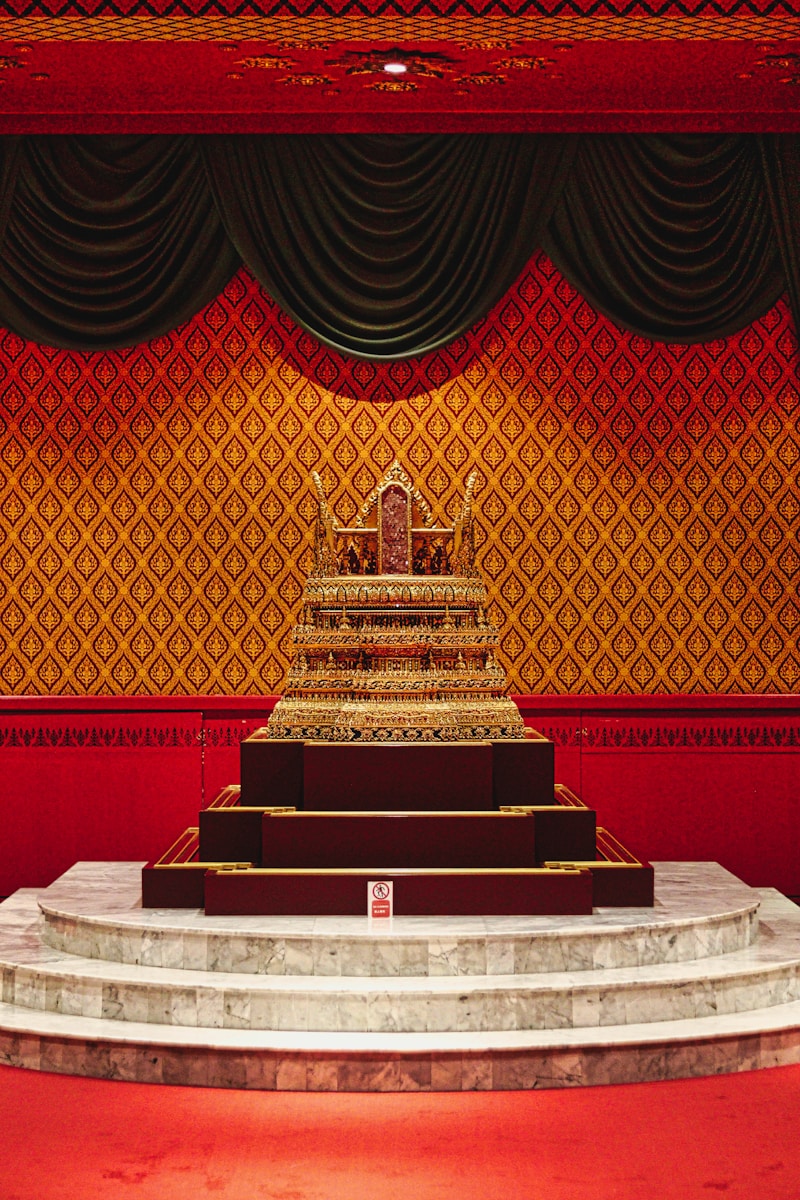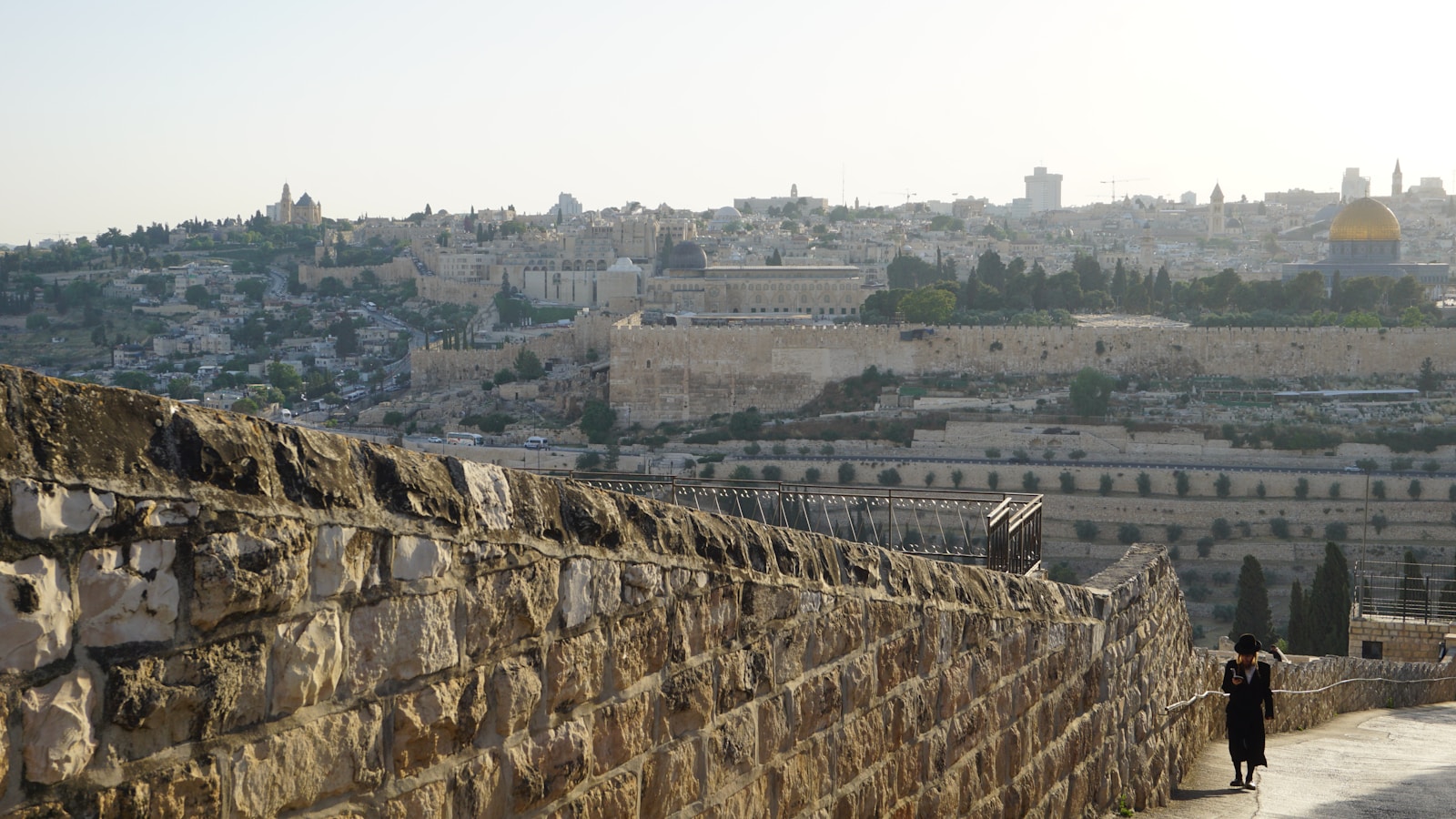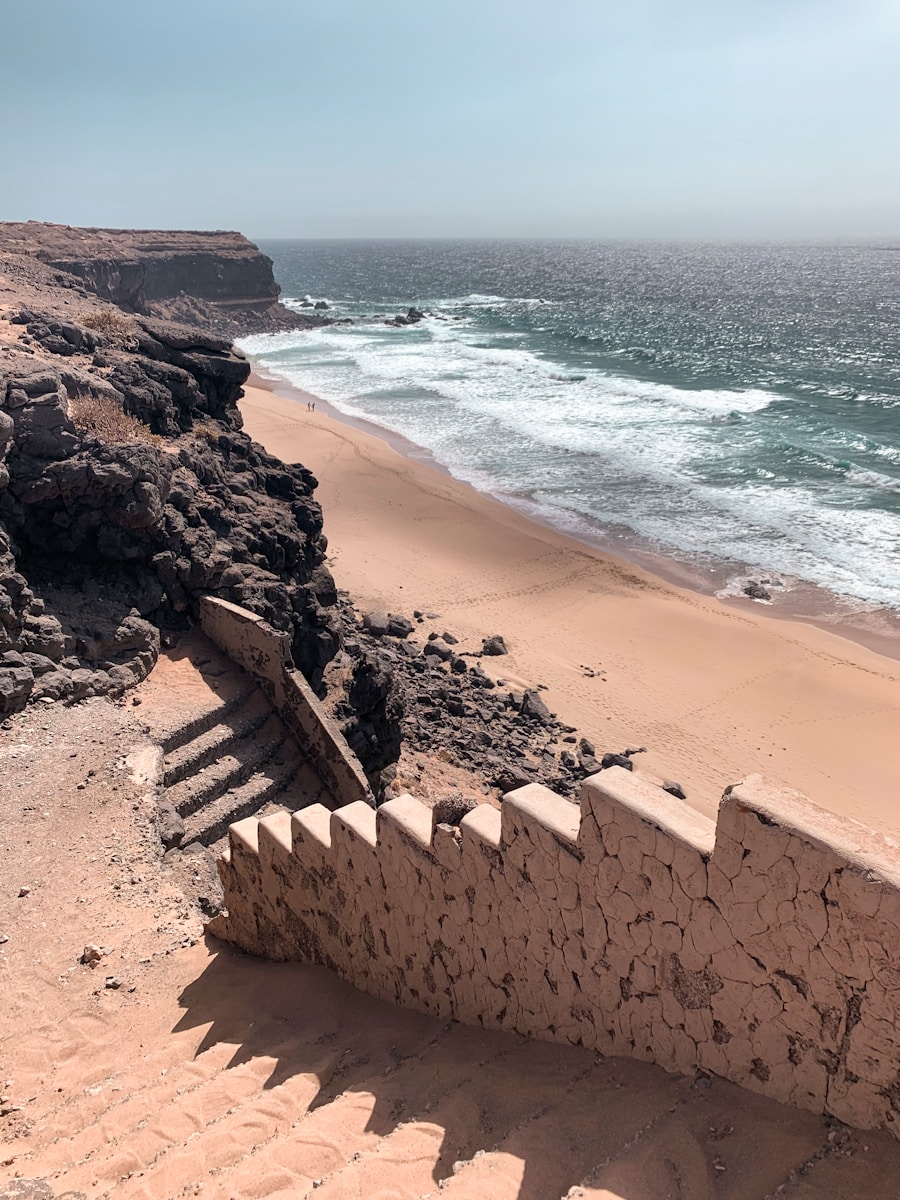Psalm 145, the central prayer of "Ashrei" that Jews recite daily, holds a promise in the words of the Sages: “Whoever recites Ashrei every day is assured of a place...
As we prepare for the High Holidays, we often focus on the themes of introspection, repentance, and renewal. However, the structure of the Rosh Hashanah prayers—Malchuyot (Kingship), Zichronot (Remembrances), and...
As a rabbi and father, I've been reflecting a lot on how to engage my 6-year-old son in Torah learning in a way that not only educates but also excites...
As someone who enjoys delving into Torah with texts like Chashukei Chemed and Mesivta Biurim, I often find myself grappling with how to organize this passion for learning in a...
At the end of the long list of curses in Deuteronomy 28, the text takes a striking turn. It refers to these admonitions as part of a "covenant" and promises...
At the end of Sefer Devarim, we encounter one of the most dramatic moments in the Torah. As the Jewish people prepare to enter the Land of Israel, Moshe commands...
At first glance, the Asher Yatzar blessing, recited after using the bathroom, might seem like a simple acknowledgment of bodily function. But when we compare what we might expect to...
In the Torah, both Mount Ebal and Jerusalem play pivotal roles in shaping Israel's identity. While these places may seem unrelated at first, they share deep spiritual connections that unify...
At the conclusion of Maseches Nidah, the Gemara discusses the halachic distinctions between a zavah—a woman experiencing an irregular flow of blood during her yemei zivah—and a zav, a man...
On the surface, Ashrei, the daily psalm of praise (Psalm 145), may appear to be a simple declaration of God's greatness and kindness. However, when we delve deeper into its...









